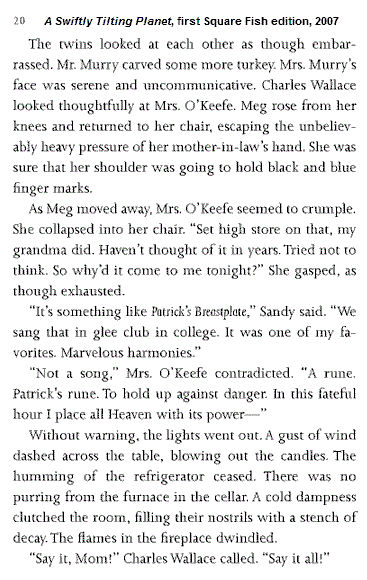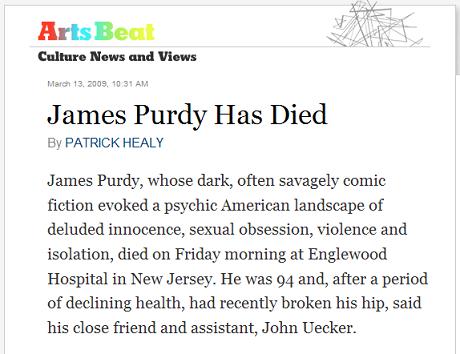Radical Emptiness
Tom Conoboy on James Purdy’s novel Malcolm:
“Life, Purdy is telling us, is meaningless. Existence is absurd. It consists of events and happenings, all unavoidable, all simultaneously significant and meaningless. They touch you, wound even, ultimately kill, yet somehow existence appears to obtain in a bubble outside of the self. As Thomas M. Lorch describes it, ‘the novel portays humanity revolving about an abyss.'[1] What is real is not real, and what is not real becomes real. Malcolm describes himself as a ‘cypher’ and, in the end, his death affects no-one, least of all him.
Yet, through this, Purdy presents us with the final, and greatest, paradox. In presenting us with nothingness, and in deliberately describing the action in such bland and emotionless language, Purdy actually creates a sense of loss: there is nothing to lose, he is telling us, and yet we feel the loss greatly. What he does is to create a world of genuine nihilism, where nobody communicates, nobody connects, so that we can, in negative, imagine what a world in harmony might be like.”
[1] Thomas M. Lorch, “Purdy’s Malcolm: A Unique Vision of Radical Emptiness.” Wisconsin Studies in Contemporary Literature, Vol. 6, No. 2 (Summer, 1965), p. 212.
See you in the
funny papers, Purdy.









